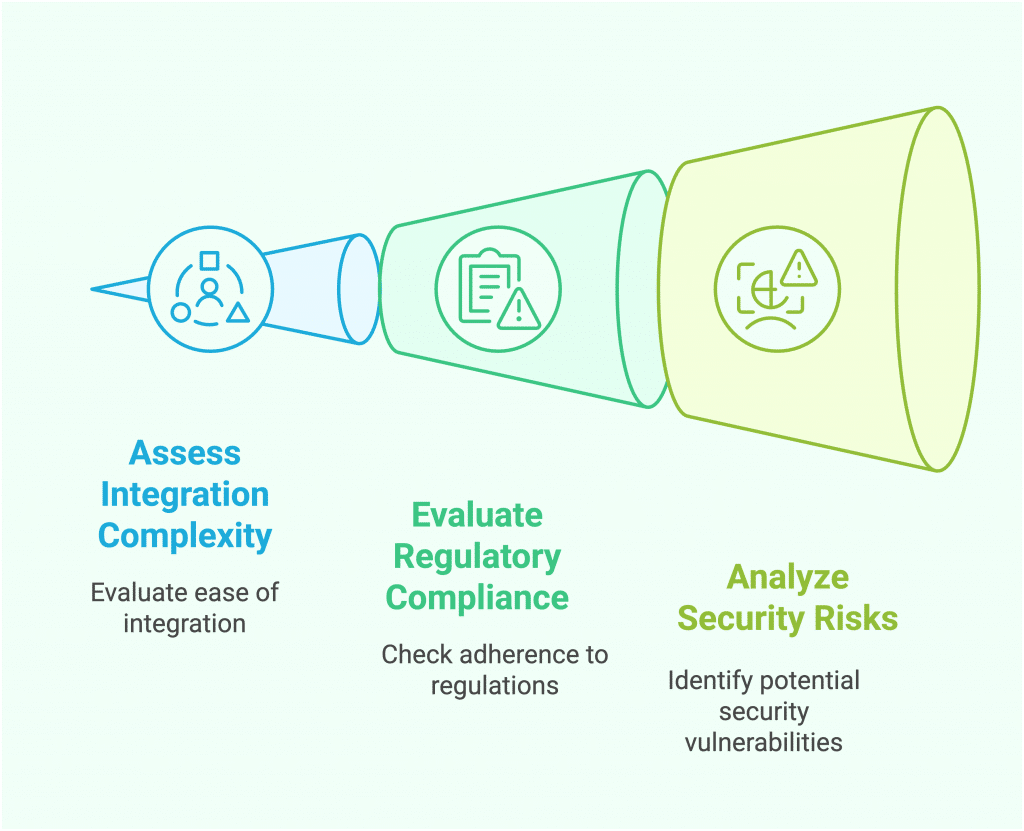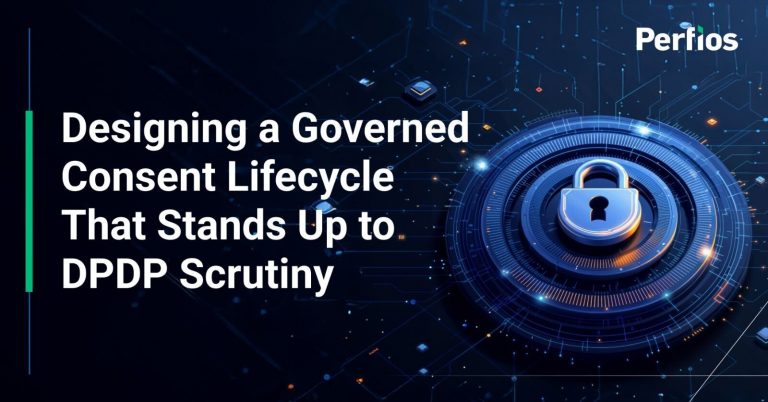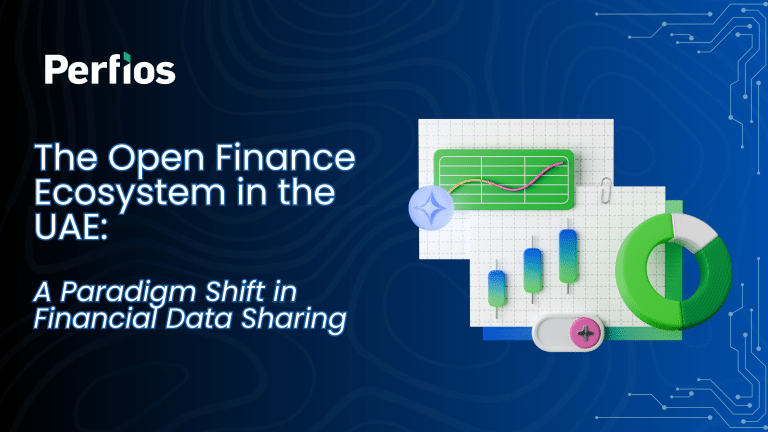Did you know India’s UPI processes over 10 billion transactions monthly? That’s more than the population of the entire planet! While headlines celebrate flashy digital wallets and payment apps, the real heroes behind this revolution are fintech APIs—the invisible engines powering everything from instant payments to AI-driven credit scoring. But here’s the catch: with hundreds of APIs flooding the market, how do you separate the game-changers from the noise?
The global fintech API market is racing toward a 16.2% CAGR, and India isn’t just keeping up—it’s leading the charge. From Perfios’ AI-powered credit underwriting to Razorpay’s seamless payment gateways, APIs are reshaping how businesses operate. But let’s be real: choosing the wrong API can turn your digital dreams into a tech support nightmare.
In this guide, we’ll crack the code on selecting the best fintech APIs for your business, whether you’re a scrappy startup or a legacy enterprise. We’ll explore how APIs can slash costs, turbocharge scalability, and even help you dodge regulatory landmines (yes, the RBI is watching). Spoiler alert: it’s not just about who has the snazziest developer portal.
By the end, you’ll have a roadmap to navigate India’s booming fintech landscape—without getting lost in the jargon jungle. Ready to turn API anxiety into action? Let’s dive in.
The Challenge
Choosing the right fintech API isn’t as simple as picking the shiniest option. It’s more like navigating a minefield—one wrong step, and boom! You’re dealing with integration headaches, regulatory fines, or worse, a data breach. Here’s what businesses are up against:

- Integration Complexity: Not all APIs are created equal. Some are as user-friendly as a toddler’s toy, while others require a PhD in computer science to integrate. For businesses without a dedicated tech team, this can be a deal-breaker.
- Regulatory Hurdles: In India, fintech APIs must dance to the tune of RBI guidelines, data privacy laws, and global standards like GDPR. One misstep, and you’re staring at hefty penalties or even a shutdown.
- Security Concerns: With cyberattacks on the rise, APIs are prime targets for hackers. A single vulnerability can expose sensitive customer data, tarnish your reputation, and cost millions in damages.
Why It Matters: A poorly chosen API isn’t just a minor inconvenience—it’s a ticking time bomb. Operational inefficiencies, security breaches, and regulatory penalties can cripple your business. But here’s the good news: the right API can be a game-changer. It can streamline operations, enhance customer experience, and future-proof your business in an increasingly digital world.
The stakes are high, and the margin for error is slim. So, how do you make the right choice? Let’s break it down.
What Are Fintech APIs and Why Do They Matter?
Fintech APIs (Application Programming Interfaces) are the digital bridges that allow different software systems to communicate and share data seamlessly. Think of them as the translators between your business and the vast world of financial services—whether it’s processing payments, assessing creditworthiness, or managing investments.
In India, fintech APIs are the backbone of innovations like UPI, which processes over 10 billion transactions monthly, and platforms like Perfios, which use AI-driven APIs to automate credit underwriting for over 500 global BFSI companies. These APIs don’t just power transactions—they enable businesses to offer cutting-edge financial services without reinventing the wheel.
Benefits of Using Fintech APIs
Cost Efficiency
Building financial solutions from scratch is like constructing a skyscraper with toothpicks—expensive, time-consuming, and prone to collapse. Fintech APIs eliminate the need for heavy development, saving businesses both time and money. For instance, integrating a payment gateway API can cost a fraction of developing one in-house.
Scalability
As your business grows, so do your technical needs. Fintech APIs are designed to scale with you, handling increased transaction volumes and expanding service offerings without breaking a sweat. Whether you’re a startup or an enterprise, APIs ensure you’re always ready for the next big leap.
Enhanced Functionality
Want to offer loans, investments, or insurance through your app? Fintech APIs make it possible. They allow businesses to expand their service portfolios, providing customers with a one-stop shop for all their financial needs.
Key Considerations When Choosing Fintech APIs
Regulatory Compliance
In India, fintech APIs must comply with RBI guidelines, data privacy laws, and global standards like GDPR. Non-compliance isn’t just risky—it’s expensive. Look for APIs that are built with compliance in mind, like Perfios’ solutions, which adhere to strict regulatory frameworks.
Security Features
With cyberattacks on the rise, security is non-negotiable. Ensure your chosen API offers robust features like end-to-end encryption, multi-factor authentication, and regular security audits. After all, a data breach can cost more than just money—it can cost your reputation.
Ease of Integration
Not all APIs are created equal. Some are plug-and-play, while others require a team of developers to integrate. Choose APIs with comprehensive documentation, developer support, and sandbox environments for testing.
Real-World Examples
Perfios’ Credit Underwriting APIs
Perfios is revolutionizing credit underwriting in India with its AI-powered APIs. By automating data extraction and analysis, Perfios reduces loan approval times from days to minutes. For instance, a leading Indian bank used Perfios’ APIs to streamline its lending process, resulting in a 40% reduction in operational costs and a 30% increase in customer satisfaction.
UPI’s Success Story
UPI (Unified Payments Interface) is a shining example of how fintech APIs can transform an entire ecosystem. By enabling seamless, real-time payments between banks, UPI has become the backbone of India’s digital economy, processing over 10 billion transactions monthly. Its success has inspired similar initiatives worldwide, proving the power of well-designed APIs.
Future Outlook
The fintech API landscape is evolving faster than ever, and staying ahead of the curve is no longer optional—it’s essential. Here’s what the future holds:
- AI and Machine Learning: APIs are getting smarter. Expect AI-driven solutions for fraud detection, credit scoring, and even personalized financial advice. Platforms like Perfios are already leading the charge, using machine learning to automate complex processes like credit underwriting.
- Sustainability: Green fintech is on the rise. APIs promoting ESG-compliant investments and renewable energy financing will become mainstream, helping businesses align with global sustainability goals.
These trends aren’t just buzzwords—they’re shaping the future of finance. Businesses that embrace AI and sustainability-focused APIs will not only stay competitive but also lead the charge in innovation.
Ready to transform your business with the best fintech APIs? Explore Perfios’ full-stack data decisioning platform today and take the first step toward a smarter, more efficient future.















